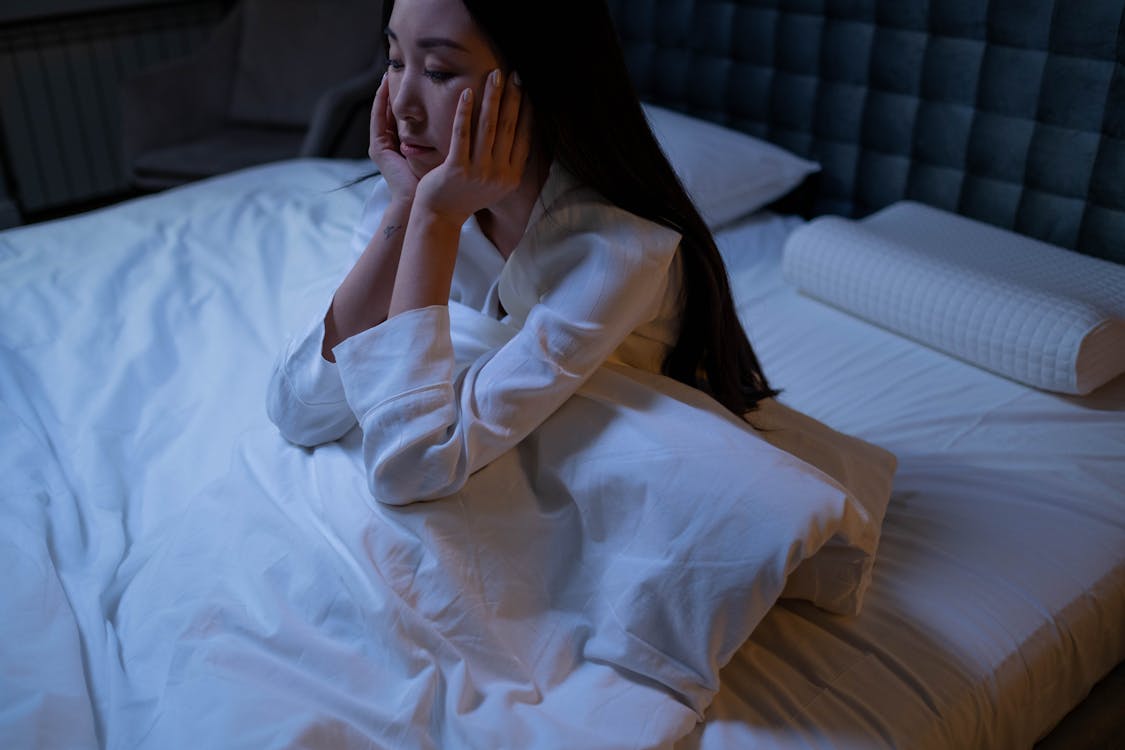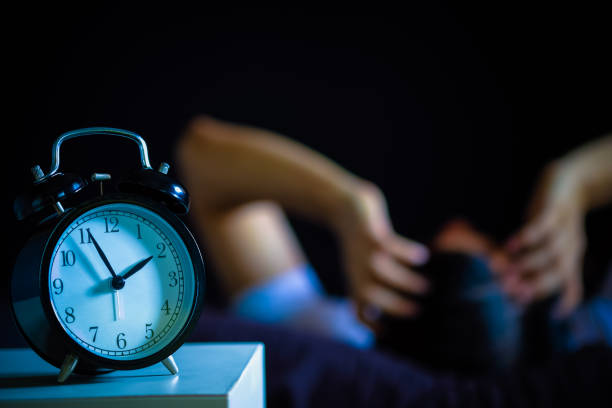
Insomnia is one of the most common health conditions that come with aging, with over 75% of older adults suffering from it. From stress to underlying health conditions, various reasons can cause it. Fortunately, many strategies exist that can help you improve the quality of your sleep and stay asleep for longer. Keep reading this article to learn about five tips that can help you sleep better.
What Is Insomnia?
In insomnia, you may have trouble falling or staying asleep or getting good quality sleep despite having the time or the environment conducive to doing so. Insomnia can be short-term (acute), lasting for a day to a few weeks, or long-term (chronic), typically three nights a week to three months or more. Insomnia can be of several types. Examples include:
- Sleep-onset insomnia: having trouble getting to sleep
- Paradoxical insomnia: underestimating the time you’re asleep and feeling like you slept for a lot less than you did
- Sleep-maintenance insomnia: having difficulty staying asleep through the night
- Mixed insomnia: having problems both falling asleep and staying asleep
How to Cope With Insomnia
Here are some techniques that can help you sleep better:
1. Exercise
Exercise can be one of the best remedies for insomnia. It helps reduce sleep onset and improves sleep quality by increasing the amount of slow-wave sleep you get. Slow-wave sleep, also called deep sleep, is the stage of sleep in which the mind and body rejuvenate the most.
Certain types of exercises, especially aerobic activities like running, swimming, or bicycling can significantly increase serotonin and dopamine production in the body, and these two hormones are essential in improving the length and quality of sleep. Your body also requires serotonin to synthesize melatonin, a hormone that plays a crucial role in regulating the sleep-wake cycle.
The timing of exercise matters a lot. Exercise releases endorphins and increases core body temperature, which signals your brain to keep you awake and more alert. You should refrain from exercising immediately before sleeping.
2. Melatonin
Melatonin is a hormone synthesized by your body in response to darkness. It helps regulate your circadian rhythm- the body’s internal clock- and affects the time your body naturally starts feeling sleepy. Melatonin supplements can be an effective way to improve the length and quality of sleep in people who have insomnia. Experts recommend taking 1 mg to 5 mg 30 minutes before sleeping.
Though melatonin is generally safe to use and is available over the counter for people older than 55 years, it can only help with temporary problems falling asleep. For a long-term solution to insomnia, you should consult a doctor. Take note that you should take the lowest effective dose possible, as higher doses can lead to side effects like headaches, dizziness, depression, irritability, and stomach cramps.
3. Lifestyle Changes
Specific lifestyle changes can tremendously help improve sleep quality. First and foremost, it’s essential to practice better sleeping habits. You should be consistent with your sleep schedule and go to bed and wake up at the same time every day. Coming up with regular bedtime rituals can also signal your brain that it’s time to sleep and help reduce the onset of sleep. Examples include:
- Take a warm bath before sleeping.
- Drinking a cup of tea.
- Reading a book before sleeping.
Insomniacs should also avoid napping during the day, as this way, they will be more tired and fall asleep earlier during the night. Another important thing is to limit exposure to artificial light, especially one to two hours before sleeping. Avoid watching TV or using mobile phones before going to bed because artificial blue light has a stimulating effect, and it also blocks melatonin production in your body.
It’s also crucial to control stress and anxiety, as they can act as the most significant risk factors for chronic insomnia. Some healthy habits aimed at reducing anxiety include exercising or doing yoga regularly, practicing mindful meditation, practicing deep breathing exercises, and reducing caffeine and alcohol intake.
Herbal teas and essential oils like lavender oil, chamomile oil, jasmine oil, and sandalwood oil can also help reduce stress and anxiety. Research also supports high-quality cannabidiol, like Secret Nature’s, as an effective anxiety treatment.
4. Nutrition
What you eat and drink also plays a part in the quality of your sleep. It’s essential to eat a well-balanced and nutritious diet, as studies have shown that a diet lacking calcium, magnesium, and vitamins A, C, D, E, and K are associated with poor sleep quality. It’s also essential to incorporate foods rich in B vitamins into your diet, as B vitamins help regulate melatonin production in the body. It’s also necessary to integrate tryptophan-rich foods into your diet. Tryptophan is an essential amino acid that regulates melatonin production in the body and helps increase the quality and length of sleep.
Drinking warm milk or chamomile tea is a popular tip for improving sleep. Both can have calming effects on the body, which can help improve sleep. It’s also essential to ensure you don’t eat big meals for a few hours before bedtime. Ensure you don’t eat big meals within a few hours of bedtime. This also goes for alcohol and caffeine. You should stop caffeine intake by mid-afternoon and curb alcohol intake after dinner.
5. Help From Experts
If the previously mentioned tips don’t help improve your sleep, then you should visit a doctor for an expert opinion. They will help you by treating the underlying condition causing insomnia through behavioral therapy and medication. Cognitive behavioral therapy can help you identify the thoughts and behaviors contributing to your sleep problems and help develop habits that can improve the quality of your sleep in the long term. A cognitive behavioral therapy plan will include relaxation therapy, sleep hygiene education, sleep restriction, sleep scheduling, and stimulus control.
Your doctor will also prescribe you sleeping medication, like doxepin, eszopiclone, and zolpidem, with instructions regarding their use. Some over-the-counter options are also available, which include diphenhydramine doxylamine succinate. However, take note that sleeping medication should only be used occasionally and for no more than 10 consecutive days.
Endnote
Insomnia can be the result of a variety of reasons, from stress and anxiety to an underlying health condition. Fortunately, you can improve the quality of your sleep by practicing better sleep hygiene and eating a nutritious diet rich in vitamins A, D, E, K, calcium, magnesium, tryptophan, and melatonin supplements. Exercising regularly, limiting light exposure before sleep, and making certain lifestyle changes to reduce stress can also help with insomnia. However, if all else fails, you should visit a doctor, as they will help treat the underlying reason for your insomnia and improve the quality of your sleep through a combination of behavioral therapy and medication.
Published by HOLR Magazine


